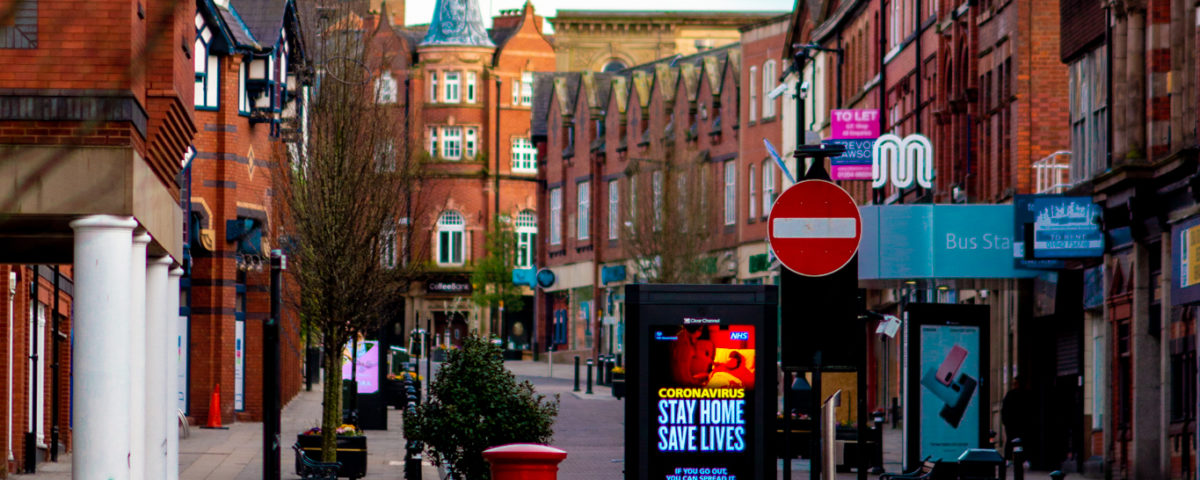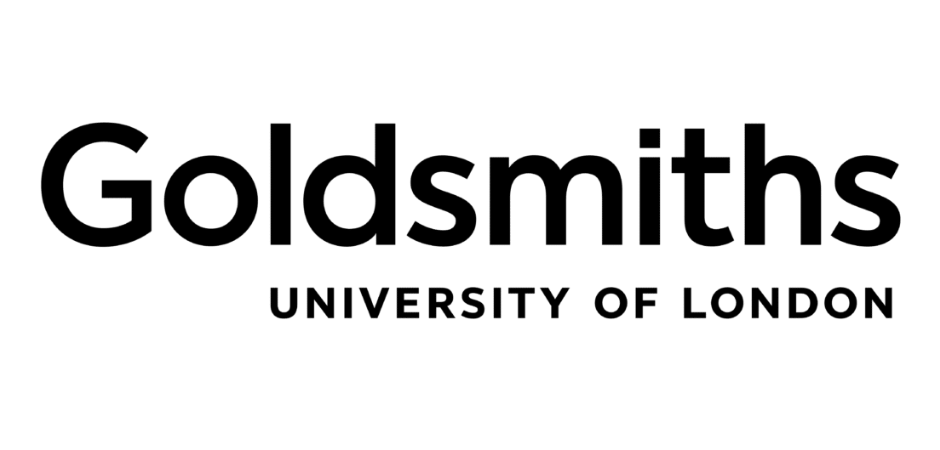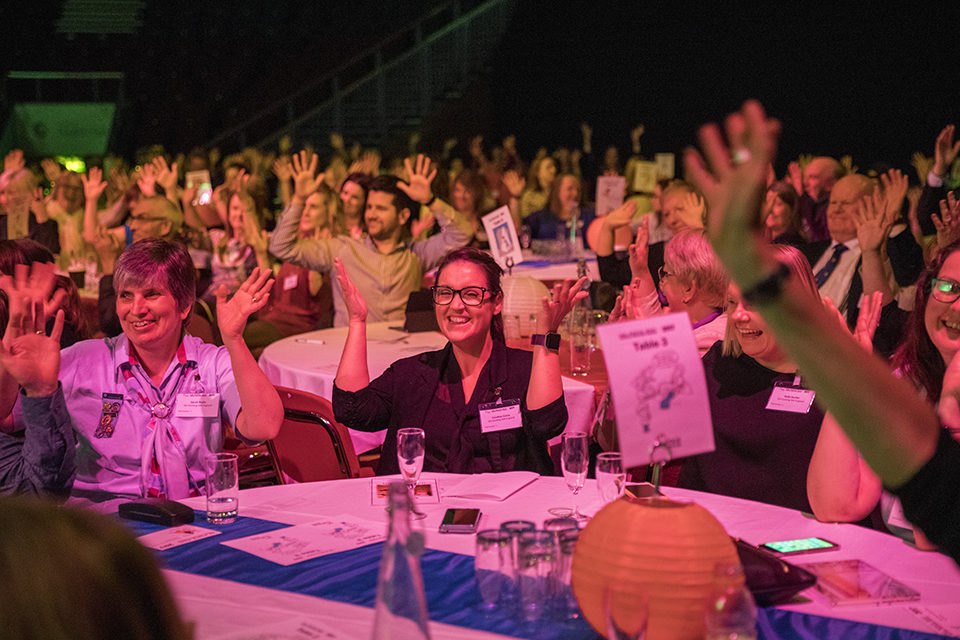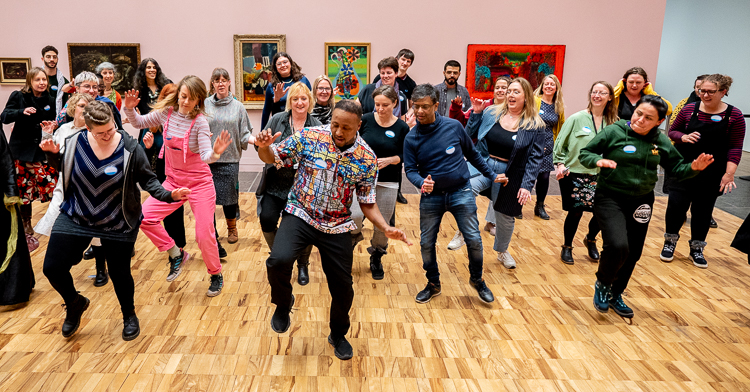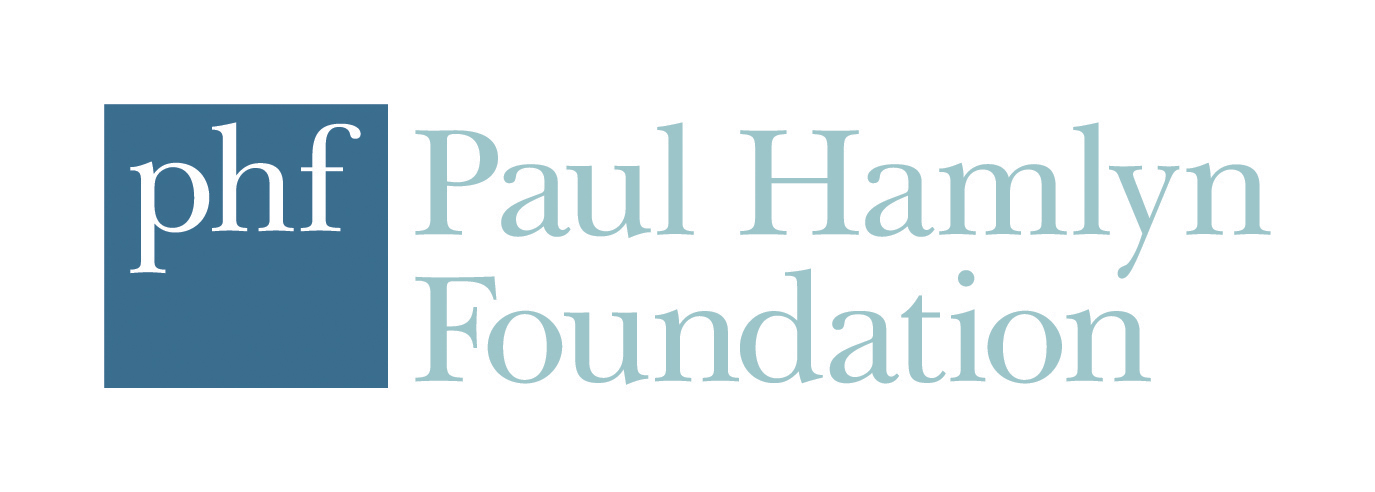
Paul Hamlyn Foundation supports Cultural Educators
May 7, 2020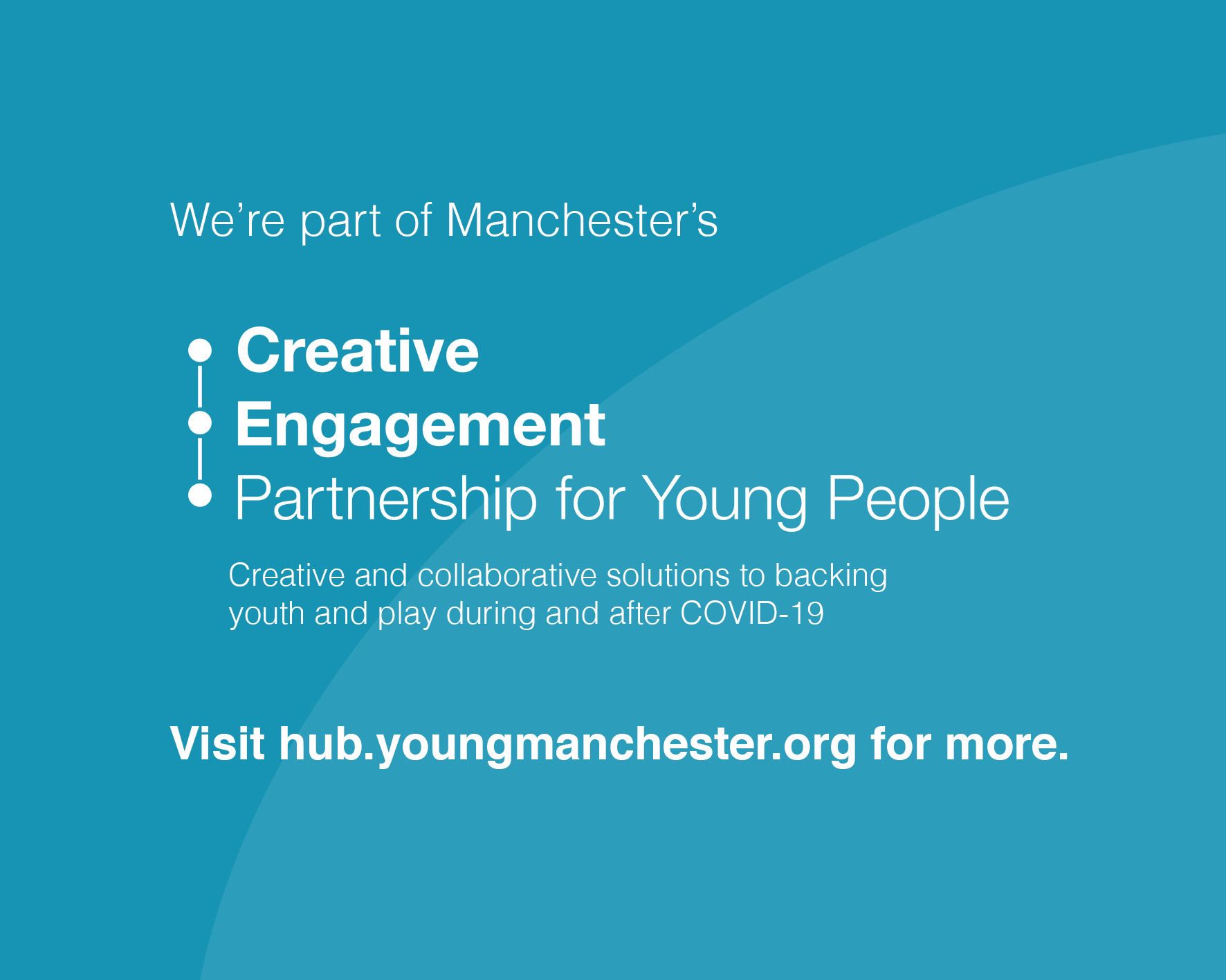
Creative Engagement Partnership for Young People in Manchester
May 18, 2020Cultural Education & COVID-19: A message from the grass-roots
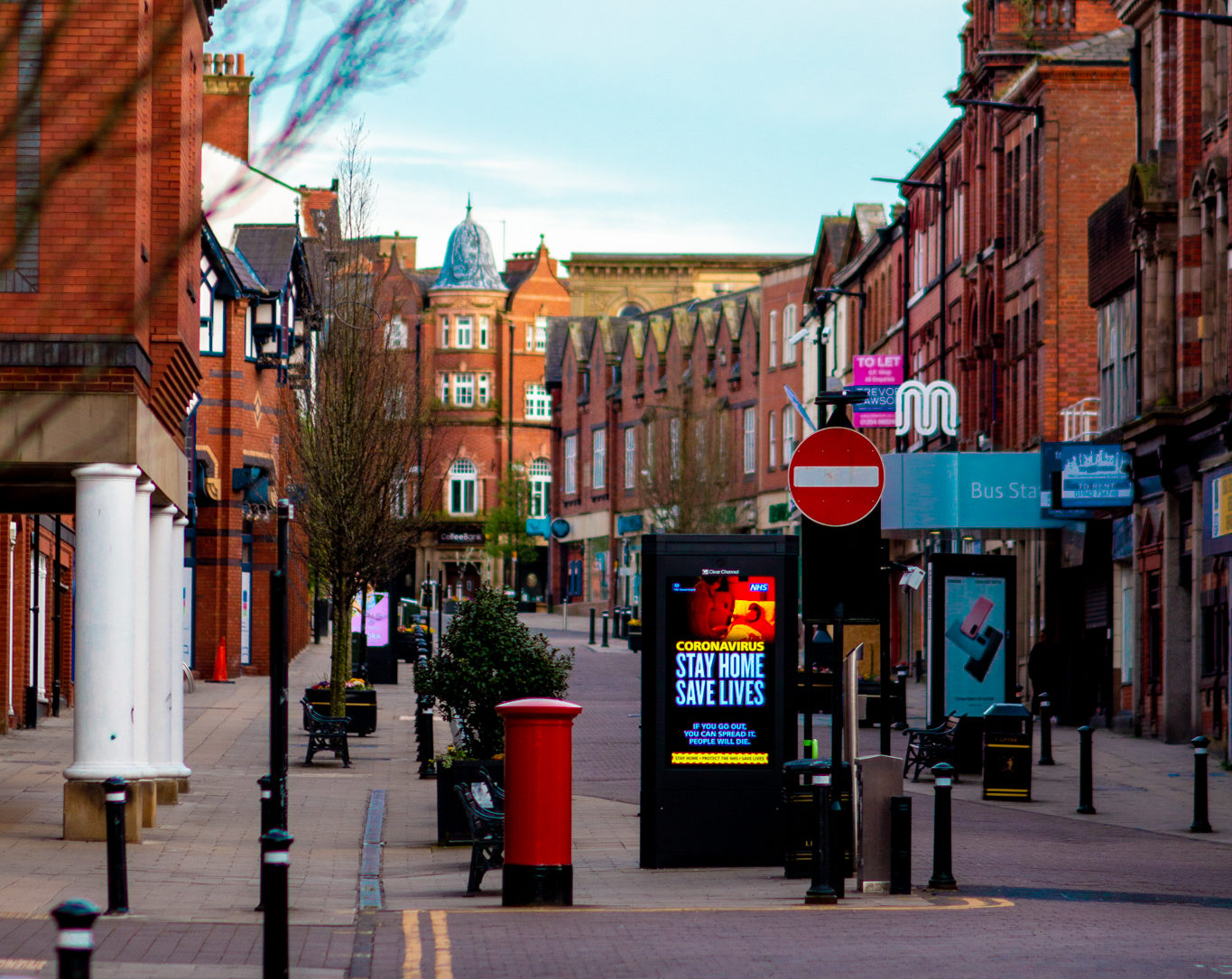
Those who work with the most vulnerable children and young people are often the least financially secure
The colleagues we heard from predominantly work on short term contracts in schools, youth centres, and community projects and on behalf of larger arts and cultural institutions. They often work with children and young people who are more vulnerable, such as those experiencing additional challenges due to poverty, health, school exclusion, care responsibilities or disability.
This workforce remains young person-centred, values-driven and focussed on inequality in the midst of a crisis
Our colleagues have been destabilised by a sudden loss of income and face uncertainty about future work. However, they were often more preoccupied with concern that they are now unable to reach young people who rely upon them. These professionals want to continue to be person-centred in their approach, and are not able to gather the financial resource to achieve that at present. There is a willingness to work digitally, but inequality in online access means that the young people who need the contact most could miss out.
There is concern that limited opportunities to address cultural capital and declining arts uptake in schools may be exacerbated
Longer-term, there is anxiety about young people missing formative cultural experiences such as visiting venues. There is concern about the impact of COVID-19 on wellbeing, and a willingness to step up to create artistic experiences with young people. This is not currently possible due to financial constraint. Our colleagues raised questions about how schools will be able to maintain a broad and balanced curriculum if they are faced with a need to 'catch-up'. The UN Convention on the Rights of the Child is clear that children and young people have a right to take part freely in cultural activities, and there is concern that this is at risk.
Freelancers often feel invisible and this needs to change
Freelancers who were already struggling with visibility and acknowledgement of their work have found that this period has magnified their difficulties. The arts ecology needs to work together to ensure that freelancers are recognised and valued.
Regional sector support organisations (including Curious Minds) were able to be more responsive than national organisations and this was valued
The ‘gap’ that we identified before national assistance could be mobilised was real. There was a collective sense of relief and gratitude for our ability to step into a support role at speed. This blend of national, regional and local support structures for freelancers and small organisations has been essential and potentially speaks to a future role for sector support organisations.
Overall, the feedback from freelancers and smaller arts organisations delivered a clear message about the value of art and culture
When all our systems fail us, we turn to art, culture and creativity to support our population. We are seeing: creative learning distributed from schools; social interaction driven by sharing creative experiences; communication platforms designed by the creative industries; and images of hope and resilience in the rainbows on our streets. Our first experience of culture often comes through schools and communities. Collectively, we hope that the ‘unconvinced’ are faced with a picture that compels them to support cultural education: from the grass-roots worker through to the national institution. We agree with our colleagues that we must safeguard our children's right to inherit cultural experiences; our society depends upon it.
Over to you...We are keen to continue hosting a discussion about how cultural education is redeveloped following COVID-19. If you are a funder, a commissioner, a decision maker, a leader or part of Arts Council England's portfolio, how are you responding to the issues raised above? Please do comment, tweet or email us. We are open to collaboration, and would value the opportunity to bring colleagues together to reflect and plan as we navigate a way forward.
Next … we are currently collating intelligence from the education sector and will undertake a similar exercise across learning teams of NPO, Museums and Libraries. We look forward to sharing this with you soon.

